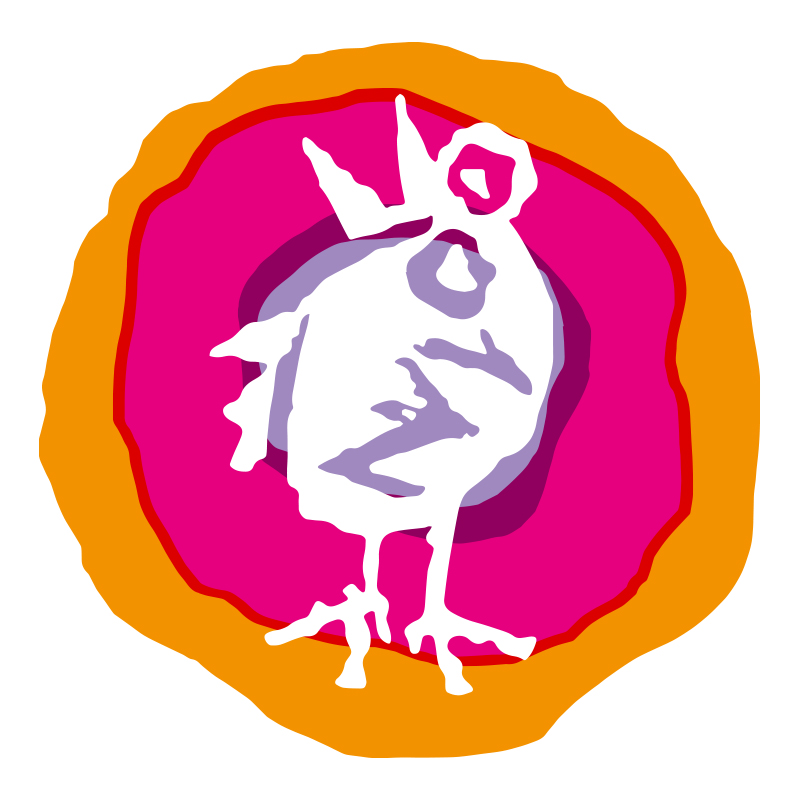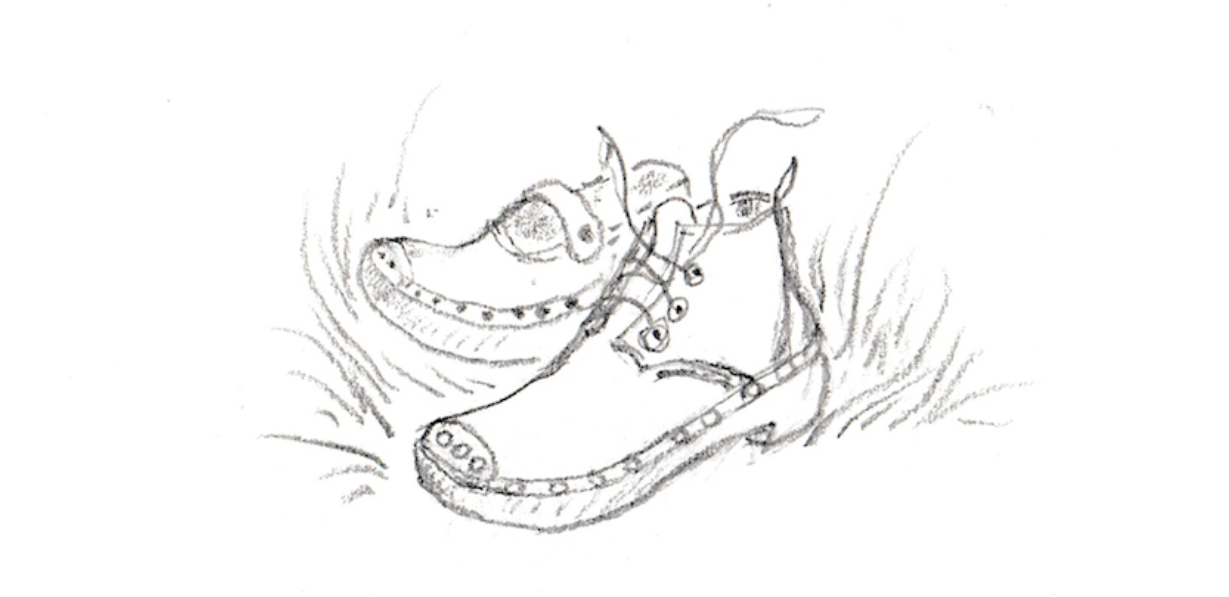Catch One Leaf, Lake District, 1968
It was becoming autumnal and wet, cold even by now. No stove in the wagon – nowhere to dry our clothes, shivering dogs.
John James and his 1930s Austin 12 – Happiness Runs – were with us. We heard of a caravan park where we might be able to rent something with a stove in it. We went off in the car but couldn’t find it so stopped to ask directions from a white-haired man standing at the side of the road.
He told us the way, looked at us, looked at the car and then asked what were we doing and why. We told him about our stalled journey to Skye and he said “we are leaving tomorrow for the Outer Hebrides – you’d better come in and have a cup of tea and meet my wife.”
So we did. Me in my long brown dress and muddy boots, all of us equally dishevelled and worn having been outside for days.
Mac and Iris Macfarlane lived in a beautiful old Lakeland House. They had bought a ruined croft house and some land on North Uist in the Outer Hebrides and were packing their car full of the things they thought they would need for the winter there. They were going to live in the one side of the house that still had a roof, the other side having a tree in it.
Within fifteen minutes they had offered us their warm Aga heated house with soft beds and dry floors and a bathroom – to look after till the spring. They were wondering whether they had room to take the potato masher.
They gave us the keys and left for their dream house in the northerly gales while we went to collect Bess and the wagon and bring them to our windfall of a winter roof.
************************
November – autumn I’ll remember. The Aga stove was old, battered and temperamental, but the radiant warmth of it gradually dried out my bones. I cooked just about edible meals on it but at least they didn’t taste of smoke. I had a real oven at last and tried my hand at cakes. Solid brown cakes. I used custard powder and brown sugar for icing. Even I couldn’t eat it.
I walked to Hawkshead and bought food at the Co-op store. Echo margarine was sevenpence ha’penny for a half pound. I smiled at people who looked startled by my appearance and who didn’t ever smile back in the months that I walked down to do my shopping there.
The cobbler was better in that he talked to us. Robert already had lace-up clogs, which he took in for repair – and I ordered a pair of red ones to be made for me. While he nailed the irons like horse-shoes onto to wooden soles the cobbler told tales of Beatrix Potter and said she’d been a mean old woman who brought in one clog at a time to be mended. He said she never smiled. Maybe the Co-op ladies were related to her.
Walking back from Hawkshead the hedgerows were full of rosehips. At the house I sat on a window-seat and watched the leaves being blown about and the trees bending – and thanked the sky that I was indoors. I felt blessed which of course I was.
What had made Mac and Iris trust us? I have never asked. They knew nothing about us but maybe recognised kindred in the madness of what we were all doing. Whatever their reasoning their kindness saved us from a bleak mid-winter.
Rosehip November and Swallow Song were written on the window-seat. Months of walking the road and living on the ground had given me a way of looking at the world around me which from here might seem childlike, I do know that.
It wasn’t that the hills and road and trees became like people in my head, but more that I felt no different to them and saw them all as living and being, possessing some kind of relation to each other – and to me.
Outside I had become a part of my surroundings rather than a player in them. That beetles should have as much of a right to be here as I do had always been obvious to me, but living in the same place as them had an effect. It made me hesitate, move them from the place where I wanted to sit down.
**********************
I had grown up in the city, visiting relatives’ farms in holidays and getting the idea that it was all about lambs and hay bales and combine harvesters. Like the illustrations in a child’s farmyard book – I only watched and was beguiled. But through the journey I began to understand what farms were for.
As I walked up the A6 pondering on the cows curling their tongues round the grass, and the sheep delicately taking their small bites, I had to put it all in place. The landscape only being as it was because of the sheep and the cows. The calves and lambs born to be slaughtered if male, allowed to live and reproduce if female. The calves removed from their mothers and the noise of them through the first night and the resigned silence of the second. The cutting off of the lambs’ tails and the slicing off of their tiny testicles. The bulls in dark sheds with furious red eyes and revenge in mind. The yelling and clattering of sticks on slow bony backsides as the cattle are pressed into trucks. The plain raw killing.
Everything seemed suddenly unbearably stolen.
Saddened and wised up to the brutality of it all I still ached for the long-gone, dear heart of my grandmother’s farm kitchen, her stove and her bread. There I had not had a thought for the plight of the beasts outside, just a neat enjoyment of the butter she churned. Sitting on the window-seat in Mac and Iris’s house I made the ache into the words of the songs.
The life, the innocence I longed for.
Catch one leaf and fortune will surround you evermore.
Vashti Bunyan

